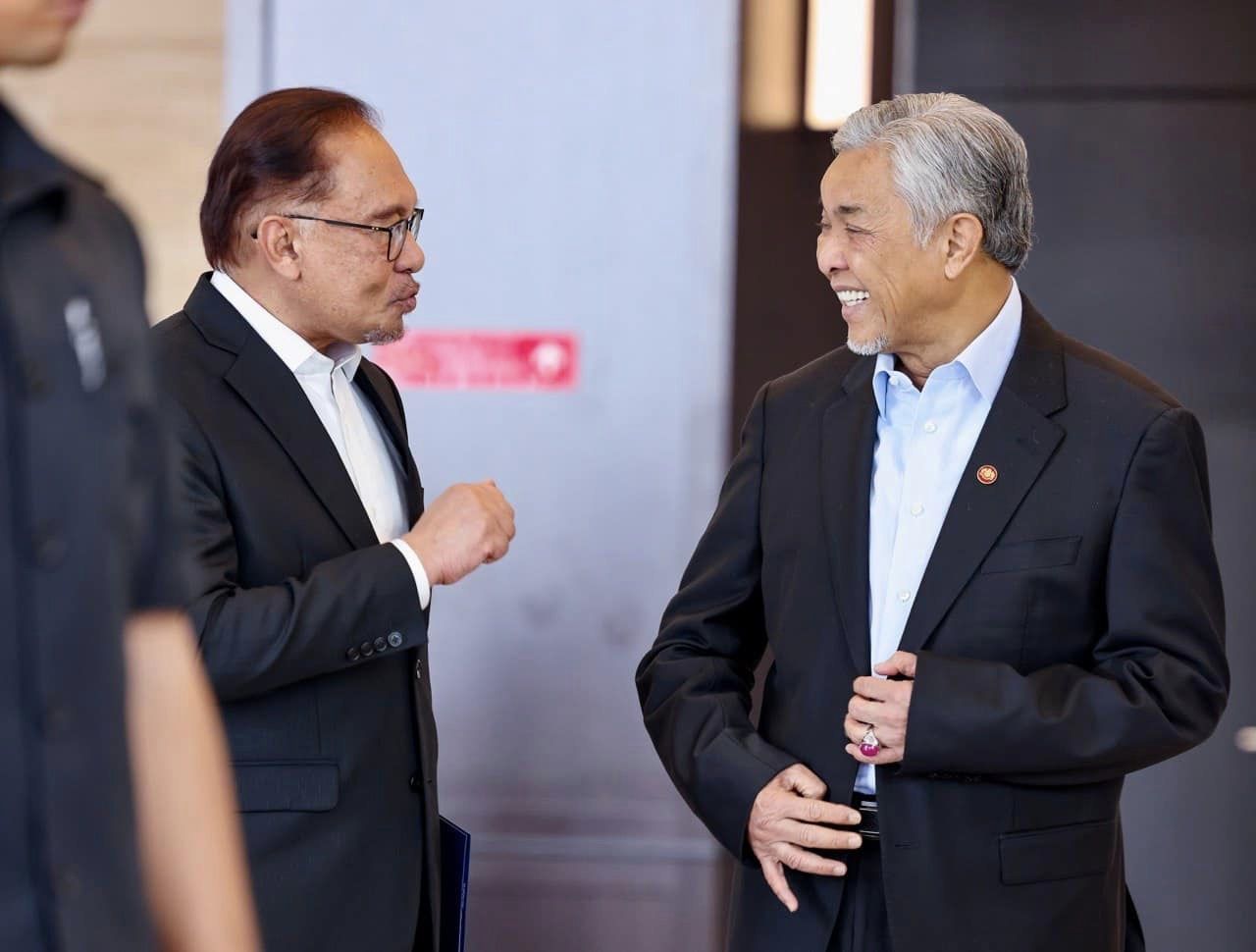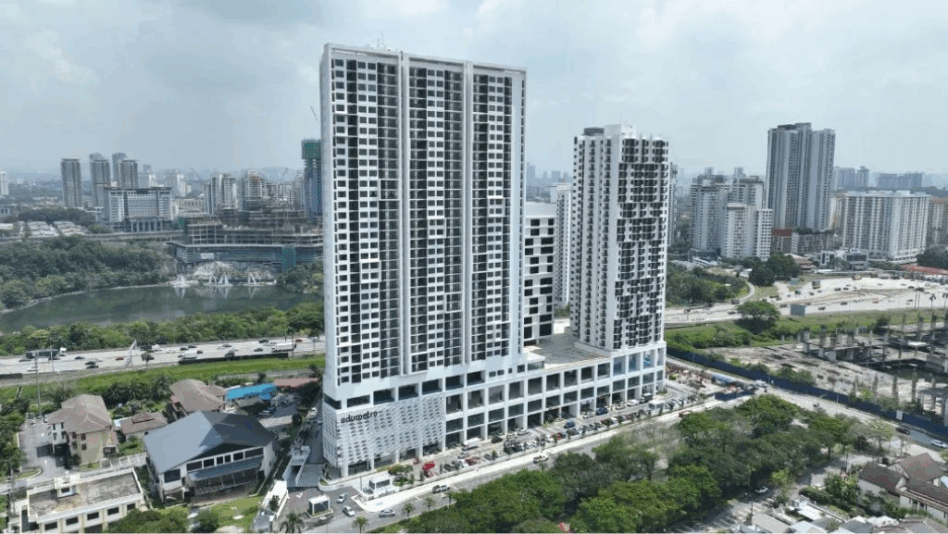I WAS surprised when Prime Minister Datuk Seri Anwar Ibrahim could not mount a credible defence of why the former attorney-general (AG) Tan Sri Idrus Harun advised the Kuala Lumpur High Court to grant UMNO president Datuk Seri Ahmad Zahid Hamidi a discharge not amounting to acquittal (DNAA).
Anwar basically regurgitated the old argument that the decision to grant a conditional discharge to the Deputy Prime Minister (DPM) was within the constitutional prerogative of Idrus.
He merely listened to the 11 reasons that Idrus gave in defence of the DNAA for Zahid. Anwar did not oppose the decision on the grounds that Idrus had constitutional powers.
Idrus used the occasion of his retirement to offer the conditional discharge to Zahid. He was never questioned why he had to wait until the eve of his retirement to offer the DNAA for Zahid. Didn’t it occur to him that such a decision would embarrass the unity government and provide the much-needed fodder for the opposition?
Anwar responded to questions and queries about Zahid’s DNAA in the Dewan Rakyat yesterday (Sept 19) during the winding up debate on the 12th Malaysia Plan (12MP).
He seemed to have no additional information to defend the granting of DNAA to Zahid other than the often-repeated fact that he never interfered with the High Court’s decision to discharge Zahid.
He also reiterated that the granting of the DNAA was not something new to his administration as there have been earlier cases of DNAA. In other words, precedent was not established by his administration but by earlier administrations in the country.
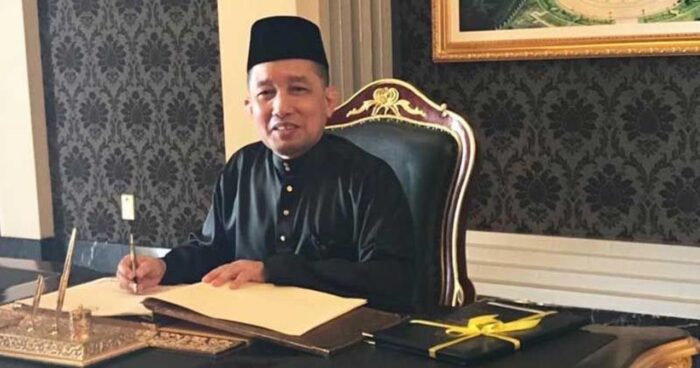
Zahid’s DNAA is different
However, no member of the opposition probed him that the granting of DNAA to Zahid was not in the same league as other earlier cases. In other cases, there was no imminence of the collapse of the government but in the case of Zahid, his prosecution would have meant the collapse of the unity government.
In other words, Zahid conditional discharge cannot be treated on the same plane as other earlier cases of conditional discharge. There was a world of difference.
The controversial grant of the DNAA for Zahid might have saved the unity government and the position of Anwar for some time. This highly unpopular decision has broad political implications that might severely test the government in days, weeks and months and years.
It will be big black mark on the unity government that seems to be predicated its brand of politics on reforms.
What are the political implications?
Firstly, the decision on Zahid has called to question whether the unity government is serious about the much-needed reforms for the country. If the purpose is longevity of the government, then reforms are merely academic in nature.
Secondly, by condoning the conditional discharge for Zahid, Anwar’s government has revealed that the drive against corruption might not be accorded the priority it requires.
There appears to be two kinds of talks before the last general elections and once the government came to power. Corruption appears not to be as serious as when the present ruling coalition was in the opposition.
Thirdly, the fact that the UMNO president was given the reprieve from corruption and money laundering charges does not abode well for the party that is trying to represent the Malays.
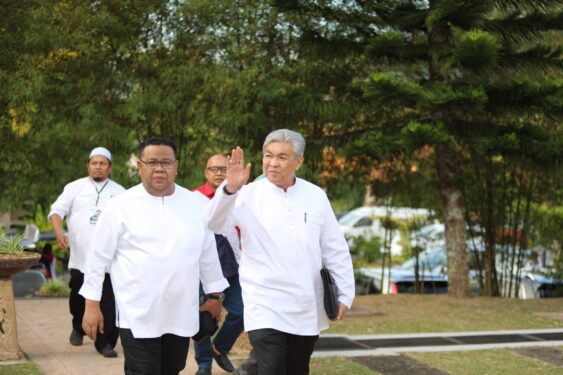
‘Sword of Damocles’
As it is, UMNO is ceasing to be the representative of the Malays; in fact, with Zahid’s DNNA, the party might receive a heavy backlash from Malays in general.
The move by Malays to the opposition Bersatu and PAS seems inevitable. Zahid’ reprieve might just hasten the process of Malay migration to the opposition.
Fourthly, the unity government could have prevented the DNAA against Zahid. It is not that Idrus was armed with constitutional powers; he was after all the subordinate of Anwar.
Since it was established that there was a prima facie case against Zahid, why the need for Idrus to interfere with the impending trial. If Zahid was subjected to full trial, the decision either in his favour or against might have been accepted by the public including the opposition.
It is mind boggling to say the least as to why Idrus had to interfere with the due process of the judiciary in his last days in offices.
Fifthly, Zahid’s conditional discharge might have saved the unity government momentarily. However, whether the government will last the full-term remains to be seen.
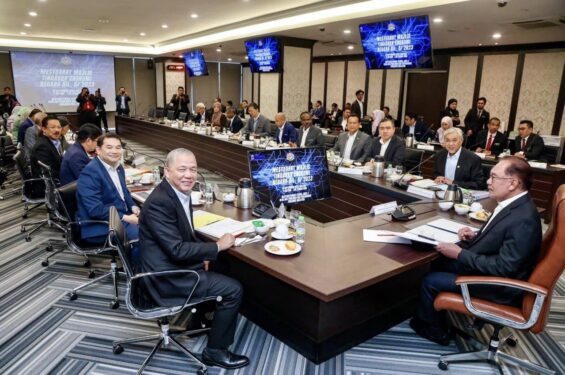
With Zahid’s DNAA hanging around the neck of the unity government like the Sword of Damocles, the longevity of the government in power is a big question. If the justification of Zahid’s DNAA is a choice between a greater evil (the fall of the unity government) and lesser evil (conditional discharge), then the country is in deep trouble.
Sixthly, if major cases of corruption can be condoned or legitimised, how can the unity government talk about representing the true and legitimate interests of the citizens? Is there any room for the badly needed reforms in the country?
When the unity government came to power, reforms were synonymous with it. However, sadly and very unfortunately, within the period of 10 months in power, the government seems to have lost its moral direction. – Sept 20, 2023
Prof Ramasamy Palanisamy is the former DAP state assemblyman for Perai. He is also the former deputy chief minister II of Penang.
The views expressed are solely of the author and do not necessarily reflect those of Focus Malaysia.


